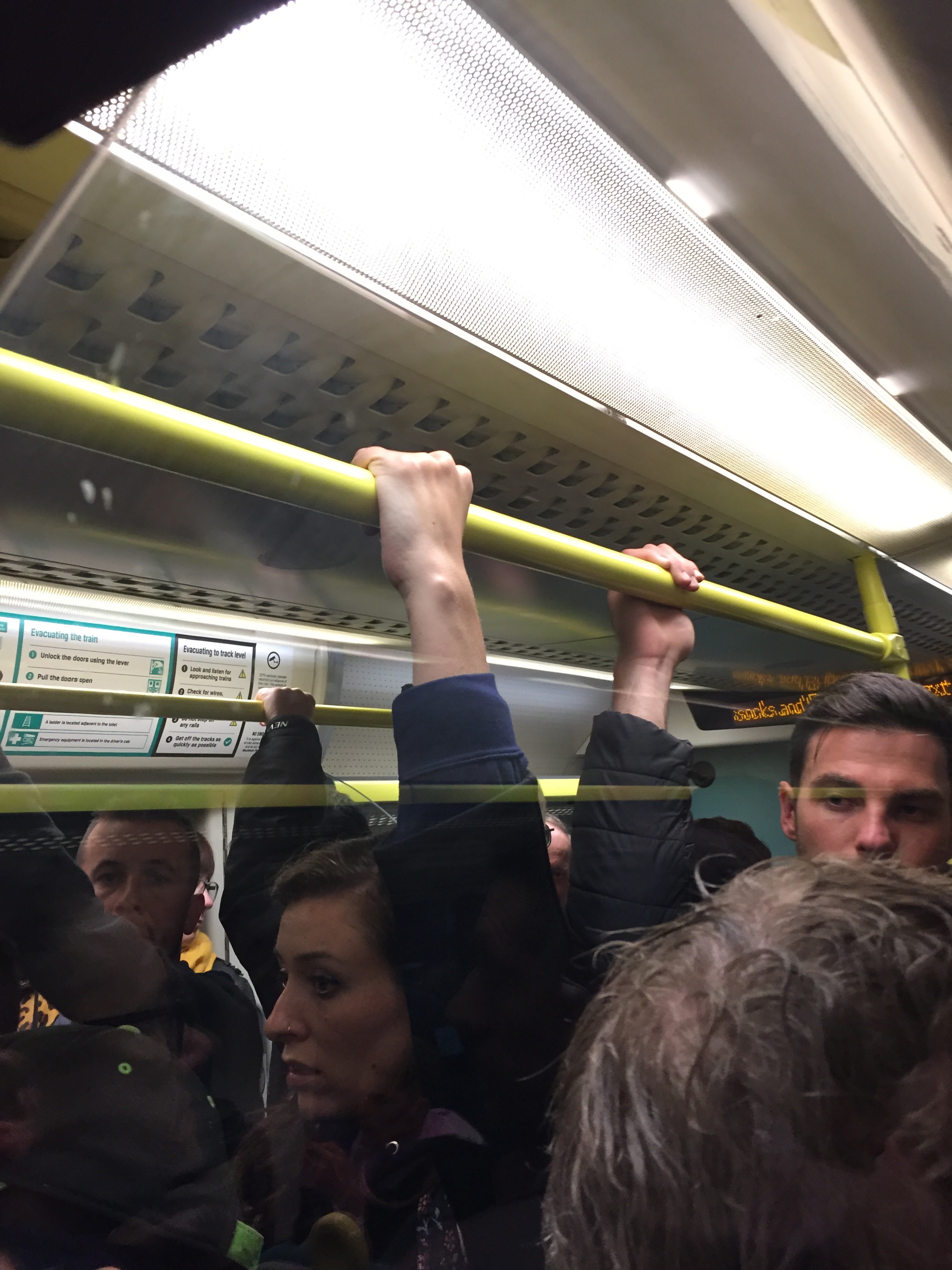The train drivers’ union ASLEF has suspended an overtime ban to take part in further talks with bosses at Southern.
The union, which represents about 950 Southern drivers, had intended to start an indefinite ban from Sunday (4 June).
Instead talks will resume between the union and Southern in the long-running dispute over the driver-only operation of train doors.
GTR chief operating officer Nick Brown said: “We are pleased that ASLEF has suspended the drivers’ overtime ban that was due to start this Sunday.
“This will allow talks to continue on a wide range of issues including pay. We aim to continue to find a way forward over the next few weeks and finally bring matters to a conclusion.”
Southern’s owner, Govia Thameslink Railway (GTR), introduced the new way of working when it started bringing new trains into service last year.
Other services run by GTR are already driver-only operated, including Thameslink trains.
But ASLEF and the guards’ union, the RMT, have cited safety fears and concerns about access for people with disabilities.
Industry bosses have set out the conditions that should ensure safe working on driver-only operated trains while the unions say that these are not being fully met.
GTR has also offered reassurances about jobs – protecting existing staff as guards are redesignated as onboard supervisors.
ASLEF bosses have agreed a deal with the train company twice this year but both times those deals have been rejected in a ballot of members. The RMT has not yet reached an agreement with GTR.
The dispute has affected the profits of GTR’s parent company, the Go-Ahead Group, and led to calls for GTR to be stripped of the franchise.
It has given a boost to Labour’s policy promise to bring the train operators back into public ownership.
The party is also proposing a fare cap, in response to passenger complaints about soaring ticket prices, and a new Brighton main line.
Since the row started, passenger numbers in the south east have fallen for the first time in years.
Recent figures indicate almost twice as many days lost to industrial action in 2016 than in 2015, with the junior doctors’ strike accounting for the biggest number. But the RMT strikes accounted for a significant proportion too.
Commuters are likely to be relieved by ASLEF’s latest move. Even an overtime ban is damaging, let alone a strike, because the company employs too few drivers to cover the timetable. As a result, Southern relies on overtime working.









